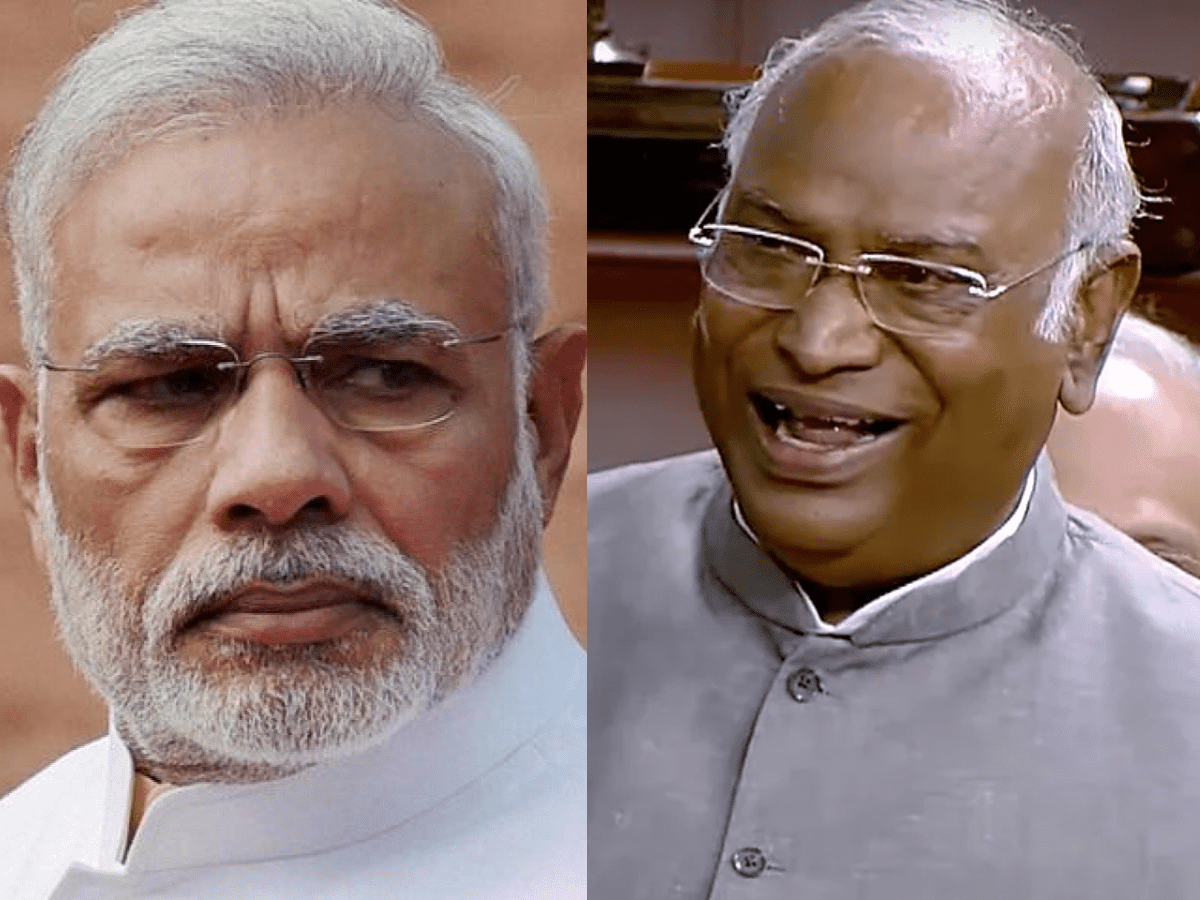
New Delhi: Questioning Prime Minister Narendra Modi’s silence over violence in Manipur, Congress President Mallikarjun Kharge on Sunday said that “his government is asleep at wheel.”
He also asked the Centre to allow an all-party delegation to visit the northeastern state.
In a tweet, targeting the Prime Minister, Kharge said, “Narendra Modi ji, Your ‘Mann ki Baat’ should have first included ‘Manipur ki baat’, but in vain.”
He said the situation in the border state is precarious and deeply disturbing. “You have not spoken a word. You have not chaired a single meeting. You have yet not met an all-party delegation. Looks like your government does not consider Manipur as a part of India. This is unacceptable,” he said.
“Your government is asleep at the wheel while the state burns. Follow the Raj dharma. Act firm on all elements that disturb the peace. Restore normalcy by taking citizen groups in confidence. Allow an all-party delegation to visit the state,” Kharge, who is also the Leader of Opposition in Rajya Sabha, said.
Taking a dig at Prime Minister Modi, Congress general secretary Jairam Ramesh said, “So one more Mann ki Baat but Maun on Manipur. The PM patted himself on the back for India’s great capabilities in disaster management. What about the entirely man-made (actually self-inflicted) humanitarian disaster that is confronting Manipur.”
“Still no appeal for peace from him. There is a non-auditable PM-CARES Fund but does the PM even care for Manipur is the real question,” Ramesh said.
The remarks of Congress leaders came after Prime Minister Narendra Modi once again maintained silence on Manipur during his Mann Ki Baat.
For around 50 days now, ethnic violence continues in Manipur, where over 100 people have died since May 3.
In his monthly Mann Ki Baat radio broadcast programme on Sunday, PM Modi said that no one has any control over natural calamities, but the strength of disaster management that India has developed over the years, is becoming an example today



